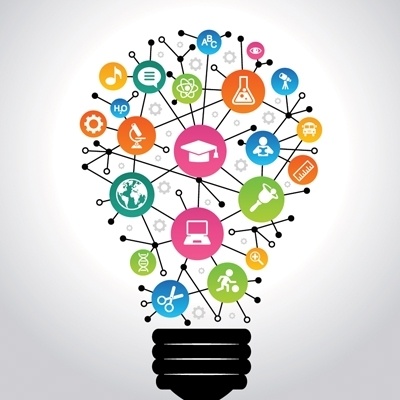Ways eLearning Can Revolutionize Education
- What if we were to design a program that encouraged trial and error rather than rewarded correct answers only?
Imagine if Edison, Einstein, Jobs, or Gates had to get it right the first time. No, fortunately the real world allows for failure and growth to work together, and when they do we call it 'learning'. Education on the other hand is about correctness -- correct answers, correct questions, and even correct behavior within the classroom.E-Learning provides us the opportunity to build learning platforms and programs that allow for students to try, fail, learn, and try again. And within that process real learning occurs. It will require us though to break the status quo instead of trying to build e-Learning programs that mirror their brick-and-mortar counterparts. - What if we were to design an adaptive program that provided an uncommon learning experience rather than adapt all students to a Common Core?
In life we reward the exceptional, and pay attention to the paradigm-breakers. In school, we reward conformity and breed mediocrity. It began in history with a school called "Normal" and continues today with an idea called "Common."E-Learning provides us the potential to cater to the unique, the diverse, the uncommon. We can build programs that adapt to the individual's learning abilities, progress them forward at their pace, and challenge them to reach their elite (not someone else's). It will require us though to think microscopic rather than macroscopic. Instead of developing a Common Core, create a personal experience. - What if we were to spend more time diagnosing the individual learning ability rather than testing conformity to standards?
Standardized tests should play a role in the learning process, but they should not be the idols we are expected to worship. Nor should they be the barometer to measure achievement, success potential, or college readiness. Instead let them play a diagnostic role.E-Learning provides us an opportunity to develop diagnostic tools that enable the learning process rather than grade the retention ability of students. We can build programs that assess current abilities, and provide a personal roadmap for individual growth -- with the destinations being different for each rather than standard for all.It will require us though to think journey instead of destination.
We talk about the future of education yet build according to the past, which is fine if it were working. E-Learning carried with it the promise of an educational revolution, yet if we are not careful it will merely end up mirroring that which it set out to transform.
Originally published on April 23, 2014








